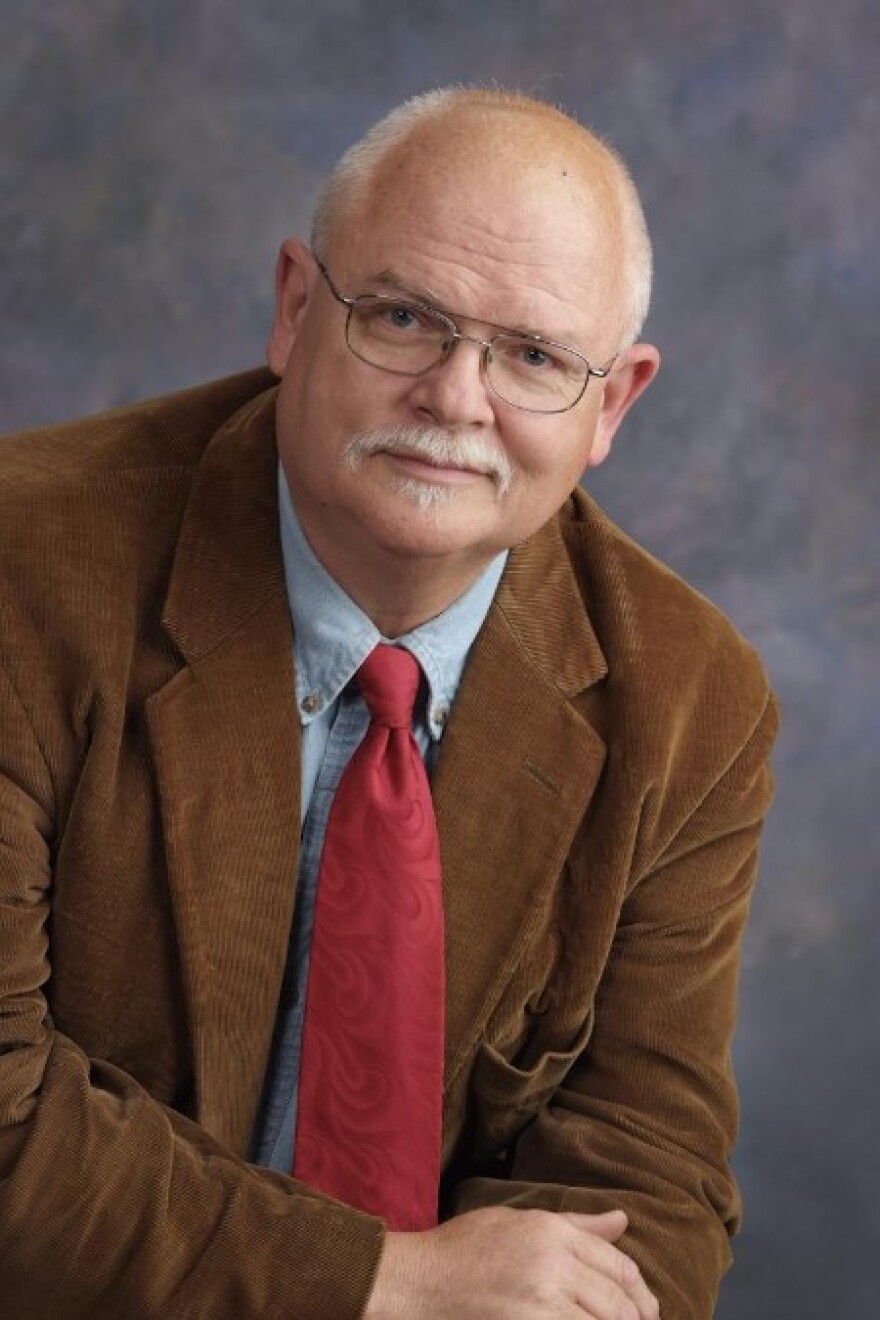As this is written, it’s 50 years since arguments were made before the US Supreme Court in “Engel v. Vitale,” which a couple of months later resulted in a clarification of the “separation of church and state.”
As this is written, some Catholic Bishops, including His Excellency, Bishop Daniel Jenky of the Diocese of Peoria, continue to not-so-subtly attack government and to portray the church as victims (despite US Catholics numbering more than 68 million people and 76% of the country saying they are Christians.)
“Engel v. Vitale” occurred when five New York families objected to schools requiring pupils to recite a prayer each day in public schools. They sued on the basis of the First Amendment, which says "Congress shall make no law respecting the establishment of religion."
Some object to government establishing a religion; some object to religion controlling government. Founder James Madison conceded, “It may not be easy, in every possible case, to trace the line of separation between the rights of religion and the civil authority with such distinctness as to avoid collisions and doubt on unessential points."
But for all the Tea Party talk about the Constitution and the Founders, they miss the point. For instance, Madison in 1822 also said, “in some parts of our country, there remains … a strong bias towards the old error, that without some sort of alliance … between government and religion neither can be duly supported. Such indeed is the tendency to such a coalition, and such its corrupting influence on both the parties, that the danger cannot be too carefully guarded against. Every new and successful example therefore of a perfect separation between ecclesiastical and civil matters is of importance. And I have no doubt that every new example will succeed, as every past one has done, in showing that religion and government will both exist in greater purity, the less they are mixed together.
“The example of the states, which rejected religious establishments altogether, proved that all sects might be safely and advantageously put on a footing of equal and entire freedom,” he continued “Religion flourishes in greater purity, without than with the aid of government.”
Thomas Jefferson, author of the Declaration of Independence (which mentions God in its first sentence), has been cited by writer David Barton on Glenn Beck and other Right-wing broadcasts as opposing separation of church and state. Hogwash, says author and theologian Martin E. Marty, who says, “Jefferson's hatred of the clergy and established churches knew no bounds. He thought that members of the 'priestcraft' were always in alliance with despots against liberty. Most of the founders thought that religion was most honest and compelling when its leaders and gatherings did not depend upon lies about the state and, of course, upon the state itself.”
Concerning Catholic Bishops, their appeal to victimhood stems from government’s attempt to provide health care to people, and ensuring that non-church employees can (not must) use prescribed contraceptives covered by health insurance. Bishop Jenky resorted to invoking Hitler in criticizing the mandate to cover workers – even non-Catholics or Catholics who disagree with the hierarchy’s attitude on birth control.
That’s ironic considering that in Hitler’s first speech as chancellor, in 1933, he said, “It will take Christianity, as the basis of our collective morality, and the family as the nucleus of our people and state, under its firm protection.”
Further, the Catholic Church’s own Declaration on Religious Freedom makes three main points:
1) Everyone has a right to religious liberty,
2) The government is to protect the rights and equality of all citizens as part of its essential role in promoting the public good, and a wrong is done when a government imposes profession or repudiation of any religion, and
3) no one is to be compelled to embrace Christianity.
Indeed, when Bishops at Vatican II overwhelmingly approved the declaration (the vote was 2,308 to 70), it was noted that Jesus acknowledged the legitimacy of governments and did not impose his teachings but let the Apostles voluntarily follow His word and example.
Finally, many faiths support the separation. Notably, Baptists since the 17th century have worried that some religious majority could establish a state religion at the expense of religious minorities. In the 21st century, 15 Baptist organizations representing 10 million Baptists are still on record as upholding the separation of church and state to protect liberty.
Marty says, “We citizens need patience, dialogue, study and argument of more reasoned, thoughtful and sympathetic character than we often see and hear and show.”
Bill Knight is a freelance writer. The opinions expressed are not necessarily those of Western Illinois University or Tri States Public Radio.



